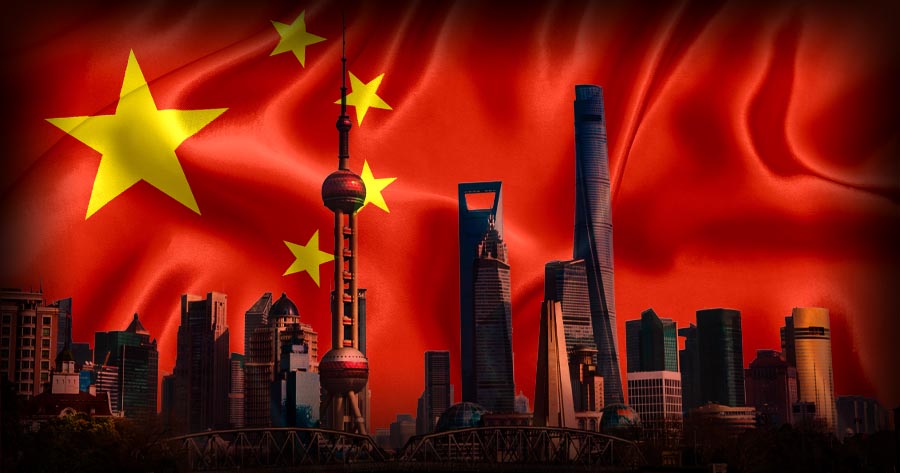China’s consumer inflation in May remained unchanged, while the decline in producer prices slowed down. However, experts warn that more efforts are needed from Beijing to bolster weak domestic demand and an uneven economic recovery.
According to data from the National Bureau of Statistics (NBS), the consumer price index (CPI) increased by 0.3% year-on-year in May, matching April’s growth but falling below the 0.4% forecast in a Reuters poll. On a monthly basis, CPI decreased by 0.1%, in contrast to April’s 0.1% rise and economists’ prediction of zero growth.
The drop in the producer price index (PPI) moderated to 1.4% in May from April’s 2.5%, against a projected 1.5% decline. Zhiwei Zhang, chief economist at Pinpoint Asset Management, noted that deflationary pressures persist, and the improvement in PPI is largely influenced by commodity prices like copper and gold, which do not reflect China’s domestic demand.
Despite lifting stringent COVID restrictions in late 2022, China’s economy has been struggling, largely impacted by a prolonged crisis in the property sector, affecting investor, business, and consumer confidence.
Beijing has implemented various measures to boost demand in the housing market and consumer sentiment, including government-subsidised incentives for trade-ins of automobiles and other goods.
Data on core inflation, excluding food and energy prices, revealed weakening domestic demand, standing at 0.6% year-on-year in May, down from April’s 0.7%. Analysts anticipate Beijing to introduce additional support measures in the upcoming months to meet the GDP growth target of around 5% for the year and cultivate a sustainable recovery.
Zhang suggested that a more comprehensive and proactive policy stance, encompassing fiscal, monetary, and property sector support, is crucial to effectively boost domestic demand.





